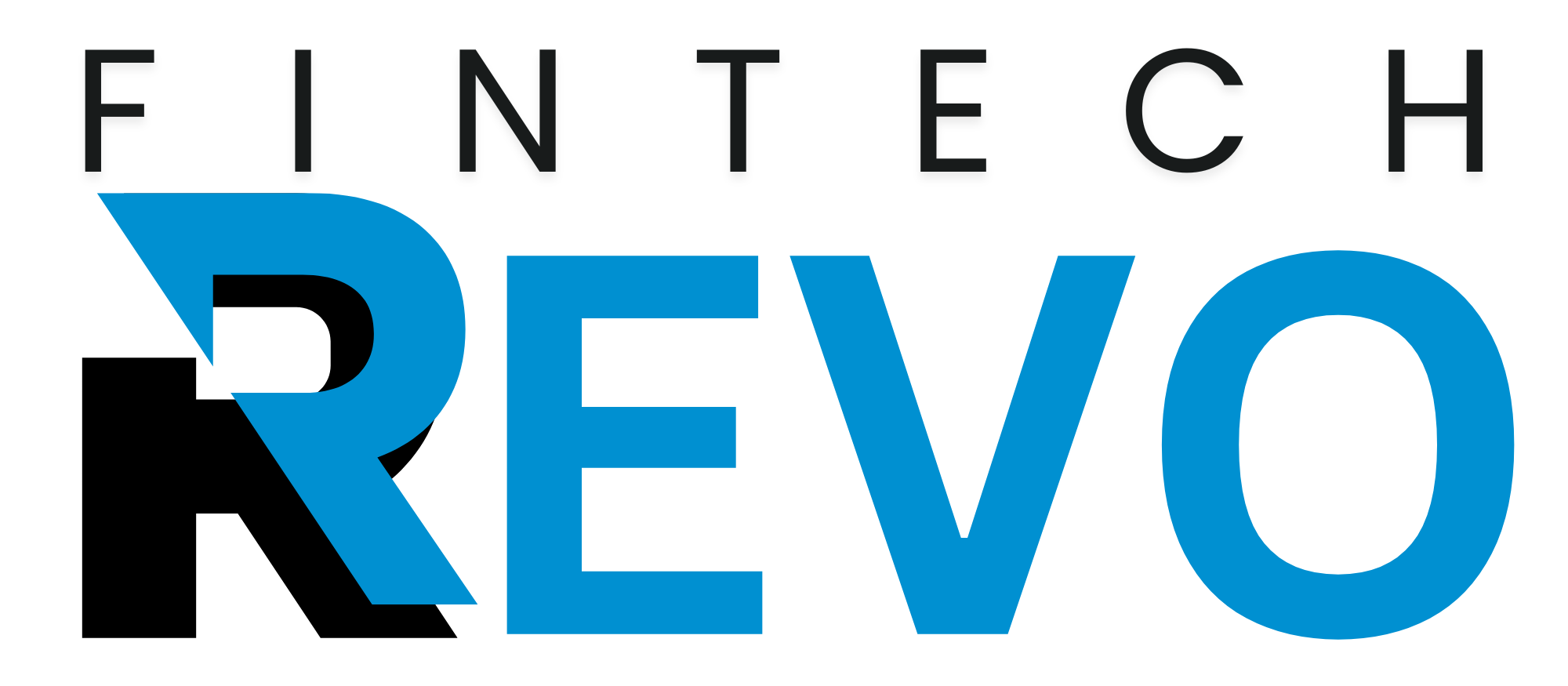In today’s interconnected world, cloud security has become one of the most critical concerns for businesses and individuals alike. As organizations increasingly rely on cloud-based platforms for their data storage, the need for robust security solutions has never been more paramount. With cyber threats evolving every day, having the right cloud security company can be the difference between data protection and a major breach.
This article delves into the top cloud security companies in the market today, offering a comprehensive overview of each, their key services, and what sets them apart from the competition.
Best Cloud Security Companies 2025-2026
Here’s a table summarizing the top cloud security companies that are recognized for their exceptional services, innovation, and ability to address the unique security needs of businesses.
| Company Name | Key Features | Specialization |
| Palo Alto Networks | Advanced threat prevention, zero-trust security model | Network and cloud security |
| Zscaler | Cloud-native security platform, real-time threat intelligence | Cloud firewall and secure access |
| Microsoft Azure Security | Comprehensive cloud protection, AI-driven security | Large-scale enterprise cloud security |
| Check Point Software | Multi-layered security, robust encryption | Data loss prevention, cloud VPNs |
| McAfee Cloud Security | Centralized management, automated threat detection | Endpoint and cloud security |
| Fortinet | Scalable security architecture, cloud firewall services | Enterprise-level network security |
| Trend Micro | Advanced cloud threat intelligence, AI-powered protection | Hybrid cloud environments |
| Cisco Cloud Security | Secure cloud access, network visibility | Multi-cloud security solutions |
Now that we’ve laid the foundation, let’s dive deeper into the specifics of these top-tier cloud security companies and see what they offer.
1. Palo Alto Networks
Palo Alto Networks is a leading name in the cybersecurity field, renowned for its comprehensive suite of services that protect businesses from a wide range of cyber threats. Their cloud security solutions are built on a Zero Trust security model, ensuring that users, devices, and systems are continuously verified before granting access.
Key Offerings:
- Cloud Security Posture Management: Helps organizations monitor and manage their cloud environments to ensure compliance and avoid vulnerabilities.
- Advanced Threat Prevention: Palo Alto uses AI and machine learning to detect and prevent attacks before they reach critical systems.
- Firewall-as-a-Service: Their next-gen firewall is cloud-native, enabling secure access to cloud resources from anywhere in the world.
What sets Palo Alto Networks apart is their seamless integration across a wide variety of environments, offering a unified security posture from on-premise to the cloud.
2. Zscaler
Zscaler is recognized for its cloud-native security platform that offers exceptional protection against both internal and external threats. It uses a zero-trust approach to ensure secure access to cloud applications and resources, regardless of user location. Zscaler’s focus is on offering real-time threat intelligence and reducing the attack surface.
Key Offerings:
- Cloud Firewall: Zscaler’s firewall solution helps businesses secure all traffic going to and from cloud services.
- Zero Trust Access: By continuously validating every user and device, Zscaler ensures that only authorized individuals can access sensitive data and applications.
- Secure Web Gateways: They provide an additional layer of security for users accessing the internet, protecting against malicious websites and content.
Zscaler’s ability to scale securely for large enterprises while maintaining granular control and protection is a big draw for organizations in need of top-tier cloud security.
3. Microsoft Azure Security
As one of the largest cloud service providers in the world, Microsoft Azure offers robust cloud security solutions that seamlessly integrate with its vast array of services. Azure Security is designed for large-scale enterprises and is equipped with advanced AI-powered tools that automatically detect and respond to potential threats.
Key Offerings:
- Azure Security Center: Provides unified security management and advanced threat protection for hybrid cloud environments.
- Identity and Access Management: Azure’s identity protection features help ensure that only authorized personnel can access specific resources.
- Security for DevOps: With Azure, security is built into the DevOps pipeline, ensuring that security is part of the development lifecycle.
Azure’s ability to integrate its cloud security measures with other Microsoft products, such as Office 365 and Dynamics 365, gives it a unique advantage in enterprise environments.
4. Check Point Software
Check Point Software has long been a leader in network security, and their cloud security offerings are no different. They provide multi-layered security that focuses on protecting data, applications, and users across cloud environments. Their security solutions are highly customizable, making them ideal for organizations with diverse security needs.
Key Offerings:
- CloudGuard: A comprehensive cloud security suite that ensures the security of public, private, and hybrid cloud infrastructures.
- Data Loss Prevention: Prevents sensitive information from being accessed or shared by unauthorized users.
- VPNs and Encryption: Check Point offers robust VPN solutions and encryption to secure connections and data during transmission.
Check Point’s deep expertise in data security and its focus on providing end-to-end protection across the cloud make it a strong choice for businesses concerned with protecting their data integrity.
5. McAfee Cloud Security
McAfee is a household name in cybersecurity, and its cloud security solutions are trusted by businesses worldwide. The company offers centralized management of cloud security, making it easier for businesses to monitor and address potential threats. McAfee’s solutions are particularly beneficial for companies with complex IT infrastructures and multiple endpoints.
Key Offerings:
- Cloud Security Platform: Provides security across all cloud environments, including SaaS, IaaS, and PaaS platforms.
- Automated Threat Detection: Using advanced analytics, McAfee automatically detects and responds to threats in real time.
- Centralized Management Console: Offers a single platform to monitor and manage cloud security policies.
McAfee’s comprehensive approach to cloud security, paired with its strong focus on automation, allows businesses to remain proactive against emerging threats.
6. Fortinet
Fortinet is known for its high-performance security appliances and software, and its cloud security solutions are no exception. It offers a scalable security architecture that is ideal for large enterprises. Fortinet’s cloud firewall services protect against both internal and external threats, ensuring that sensitive business data remains safe.
Key Offerings:
- FortiGate Cloud Firewall: A next-gen firewall solution for cloud infrastructures that defends against advanced persistent threats.
- Security Fabric: Fortinet’s Security Fabric integrates multiple security layers to provide comprehensive protection across the entire network.
- Secure SD-WAN: Optimizes the secure connectivity of branch offices and remote users to cloud environments.
What sets Fortinet apart is its high level of scalability, making it an excellent option for businesses looking for robust security that can grow with their needs.
7. Trend Micro
Trend Micro offers powerful cloud security solutions with an emphasis on advanced threat intelligence. Their services are well-suited for hybrid cloud environments and provide protection against both known and emerging threats. Trend Micro’s AI-driven platform is particularly effective at identifying and mitigating vulnerabilities before they can be exploited.
Key Offerings:
- Deep Security: A comprehensive solution that provides cloud workload protection, including intrusion prevention and vulnerability management.
- Hybrid Cloud Security: Trend Micro protects businesses across multiple cloud environments, ensuring consistent security policies.
- AI-Powered Threat Intelligence: Their AI-driven platform allows Trend Micro to detect and prevent threats in real time.
Trend Micro’s focus on hybrid environments and the use of advanced machine learning for threat detection make it an excellent option for businesses with complex cloud infrastructures.
8. Cisco Cloud Security
Cisco is a global leader in networking and cybersecurity, and its cloud security solutions are among the best in the industry. Cisco offers a suite of tools to secure cloud environments, with a focus on multi-cloud security and network visibility. Their solutions are ideal for businesses looking to maintain secure and efficient cloud operations.
Key Offerings:
- Cisco Umbrella: A cloud-delivered security solution that protects users from malicious websites and content, regardless of location.
- Cloud Access Security Broker (CASB): Cisco provides visibility into cloud applications and data, helping businesses to control access and ensure compliance.
- Cloud Security Analytics: Cisco uses analytics to monitor cloud environments, identifying and mitigating potential threats in real time.
Cisco’s cloud security offerings are designed to work seamlessly across a variety of cloud platforms, making them an attractive choice for businesses managing multiple cloud environments.
Visit homepage for more.
Conclusion
Choosing the right cloud security provider is crucial in today’s digital landscape. With the rise of cyber threats and the ever-growing need for secure cloud infrastructure, the companies listed above provide exceptional protection and peace of mind for businesses of all sizes. Whether you’re a small business looking for scalable solutions or a large enterprise with complex security needs, there is a solution for every requirement.
By understanding the unique strengths and offerings of each provider, businesses can make more informed decisions and ensure their data remains secure in an increasingly cloud-dependent world.
Important Questions
How do cloud security companies protect against ransomware attacks?
Ransomware attacks are one of the most common and devastating types of cyberattacks targeting cloud environments. These attacks involve malicious software encrypting a company’s files or systems, demanding a ransom for their release. Cloud security companies employ several strategies to defend against these attacks:
- Real-time Threat Detection: By leveraging AI and machine learning, cloud security providers can detect unusual activity indicative of ransomware, such as abnormal file encryption patterns or unexpected access requests.
- Data Backups: Many cloud security companies offer automated backup solutions, ensuring that data can be restored quickly without paying the ransom.
- Endpoint Security: They secure endpoints such as devices and servers, preventing ransomware from entering the system in the first place.
- Behavioral Analysis: Cloud security solutions can analyze user behavior to identify and mitigate potential threats before they can cause significant damage.
What is the role of a Cloud Access Security Broker (CASB) in cloud security?
A Cloud Access Security Broker (CASB) acts as a gatekeeper for organizations that use cloud services. A CASB helps enforce security policies, ensuring that the use of cloud services aligns with an organization’s security requirements and regulatory compliance.
Key functionalities include:
- Visibility and Control: CASBs provide visibility into all cloud applications in use, including shadow IT (unapproved apps), helping organizations maintain control over their cloud environment.
- Data Security: CASBs can enforce encryption and data loss prevention policies to protect sensitive data, ensuring it is not mishandled or exposed.
- Compliance Monitoring: They assist in ensuring that cloud services comply with regulatory requirements, such as GDPR, HIPAA, and PCI-DSS.
What are the risks of using public cloud services for sensitive data?
While public cloud services offer numerous benefits such as scalability and cost-effectiveness, using them for sensitive data comes with inherent risks that need to be managed carefully.
- Data Breaches: Public clouds, being multi-tenant environments, are at a higher risk of unauthorized access. This can be due to weak security practices, such as poor access control or insufficient encryption.
- Data Sovereignty Issues: Data hosted in public clouds may be subject to different privacy and security laws depending on the cloud provider’s geographic location, leading to compliance challenges.
- Limited Control: Users of public cloud services often have limited control over how their data is stored, managed, and protected. This can make it difficult to implement customized security measures.
- Shared Resources: The shared nature of public clouds means that multiple users are using the same physical infrastructure, which can increase the risk of data leaks or unauthorized access if proper isolation measures aren’t in place.
How do cloud security providers address insider threats?
Insider threats are one of the most challenging risks for cloud security. These threats come from individuals within an organization who misuse their access to cloud resources for malicious purposes, whether intentional or accidental.
Cloud security companies tackle insider threats with a combination of the following:
- Access Management: By implementing strict access controls and enforcing the principle of least privilege, cloud security providers ensure that employees only have access to the data necessary for their roles.
- User Activity Monitoring: Real-time monitoring tools track user activities, looking for suspicious behavior such as downloading large amounts of sensitive data or accessing systems at unusual hours.
- Anomaly Detection: Cloud security solutions often use AI to detect anomalies in user behavior that may indicate insider threats, such as accessing data they typically wouldn’t.
- Incident Response: In case an insider threat is detected, cloud security companies provide robust incident response capabilities to mitigate damage quickly and effectively.
What are the differences between cloud security for public, private, and hybrid clouds?
Cloud security needs vary significantly depending on the type of cloud infrastructure used. Understanding these differences is crucial for organizations deciding on the best security strategy for their needs.
- Public Cloud Security: Public clouds are hosted by third-party providers and are shared among multiple customers. Security is often focused on ensuring the integrity and privacy of data within a multi-tenant environment. Features such as encryption, access control, and compliance monitoring are typically provided, but the organization has limited control over the physical security of the infrastructure.
- Private Cloud Security: Private clouds are dedicated environments hosted either on-premises or by a third-party provider. They offer greater control and customization for security measures. Private cloud security often focuses on providing higher levels of data privacy and compliance with industry-specific regulations.
- Hybrid Cloud Security: Hybrid clouds combine both private and public cloud infrastructures, allowing organizations to store sensitive data in a private cloud while using public cloud services for less critical workloads. Security in hybrid environments requires seamless integration of security policies across both cloud types to ensure consistent protection.
Each cloud model requires a tailored approach to security, with varying levels of control, flexibility, and risk management.






